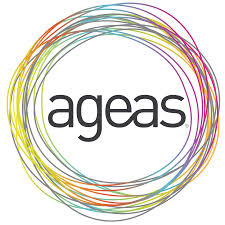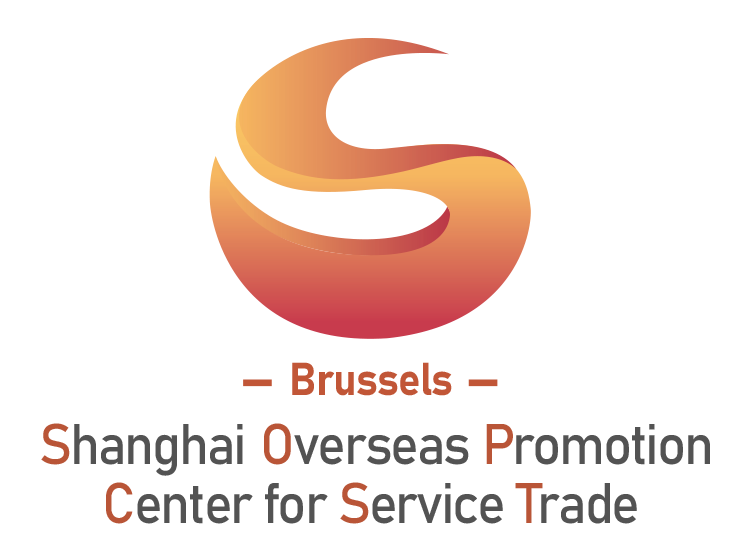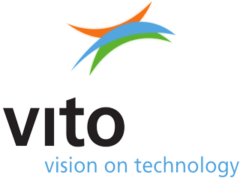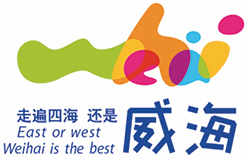China’s central bank developing its own digital currency
November 8, 2017 Category ![]() Finance, Weekly
Finance, Weekly
Even as China bans bitcoin and other cryptocurrencies, the People’s Bank of China (PBOC) is developing its own digital currency. It can help bring down transaction costs, extend financial services to rural areas and increase the efficiency of monetary policies, according to Yao Qian, who leads the research at the PBOC. “The development of the digital economy needs a central bank-issued electronic currency more than ever,” Yao said at forum in Beijing. “It’s crucial to speed up the research and issuance.”
Yao’s remarks are consistent with those of central bank Governor Zhou Xiaochuan, who said earlier this year that the PBOC was looking into its own digital currency. But it is also in stark contrast to the central bank’s harsh and relentless crackdown on any form of privately issued, or decentralized digital currency. China has banned any attempt by companies to raise financing through initial coin offerings (ICOs), and stopped bitcoin exchanges from operating. Already, Chinese financial institutions have been prohibited since 2013 from holding any form of digital currency.
Digital legal tender will be the “jewel in the crown of fintech,” as the fusion of technology with finance is called, and will have a sweeping impact on the future of the world’s financial system, Yao Qian said.
“Virtual currency is easier to trace, allowing the central bank to monitor its velocity and the whereabouts of the money and improve its monetary policies accordingly,” he said, adding that big data, artificial intelligence and machine learning will also play a bigger role in analyzing risks and strengthening regulatory intervention, the South China Morning Post reports.
- KURT VANDEPUTTE (UMICORE) APPOINTED CHAIRMAN OF THE BOARD OF THE FLANDERS-CHINA CHAMBER OF COMMERCE (FCCC)
- Webinar: “Knowing Your Chinese Partner” – May 26, 2021, 10 am – 12 am
- EMA starts rolling review of CoronaVac, WHO approves Sinopharm vaccine for emergency use
- The Global Times warns not to politicize the Comprehensive Agreement on Investment (CAI)
- Hainan to become biggest duty-free market in the world





























